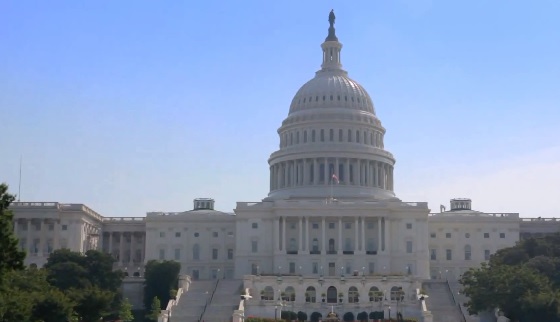
In the 70s, former U.S. Treasury Secretary, William Simon, said something like: Washington is like a train running at full throttle while officials are mindlessly partying it up in the caboose. In my opinion, those were the good old days of fiscal responsibility. Today, there are many budget-busting programs and departments, let alone colossal boondoggles like the transportation spending. To highlight what is happening today, for the fiscal month of February, here are some notable statistics:
$167 billion Total Federal Government Tax Receipts
-$ 87 billion Social Security Spending
-$ 52 billion Medicare Spending
-$ 25 billion Interest on the Federal Debt
– – – – – –
$ 3 billion remaining for ALL other federal spending
$231 billion in other federal spending in February
$234 billion in additional debt created in February
So, outside of entitlements and interest, the federal government spent 40% more that it took in, and this ratio will increase over the next 30 years as the Baby Boomer generation consumes an increasing amount of Social Security and Medicare. Yes, February results were a little more unfavorable than usual, but the trend of increasing entitlements and increasing borrowing will continue to degrade.
Note that the economy couldn’t be doing any better than today. What would happen if there were a severe or even slight recession? Tax receipts would fall and government spending needs would increase, and the federal debt of $22.2 trillion is already larger than the U.S. economy at $20.4 trillion.
To me, this financial calamity-in-the-making means one thing: soon, we will all be on our own for retirement. Either the government will be forced to dramatically reduce Medicare and Social Security benefits, or they will ignite a Venezuelan-style hyperinflation. If you are mostly on your own for retirement, then it is time to become diligent about saving money. If, at some point, the government goes down the inflationary money-printing path to “solve” the problem, then your savings need to avoid U.S. dollars and be held in:
- Inflation-adjusted securities
- Stronger currencies than the U.S. dollar or whichever currency is being inflated
- Physical assets such as real estate and possibly gold.
